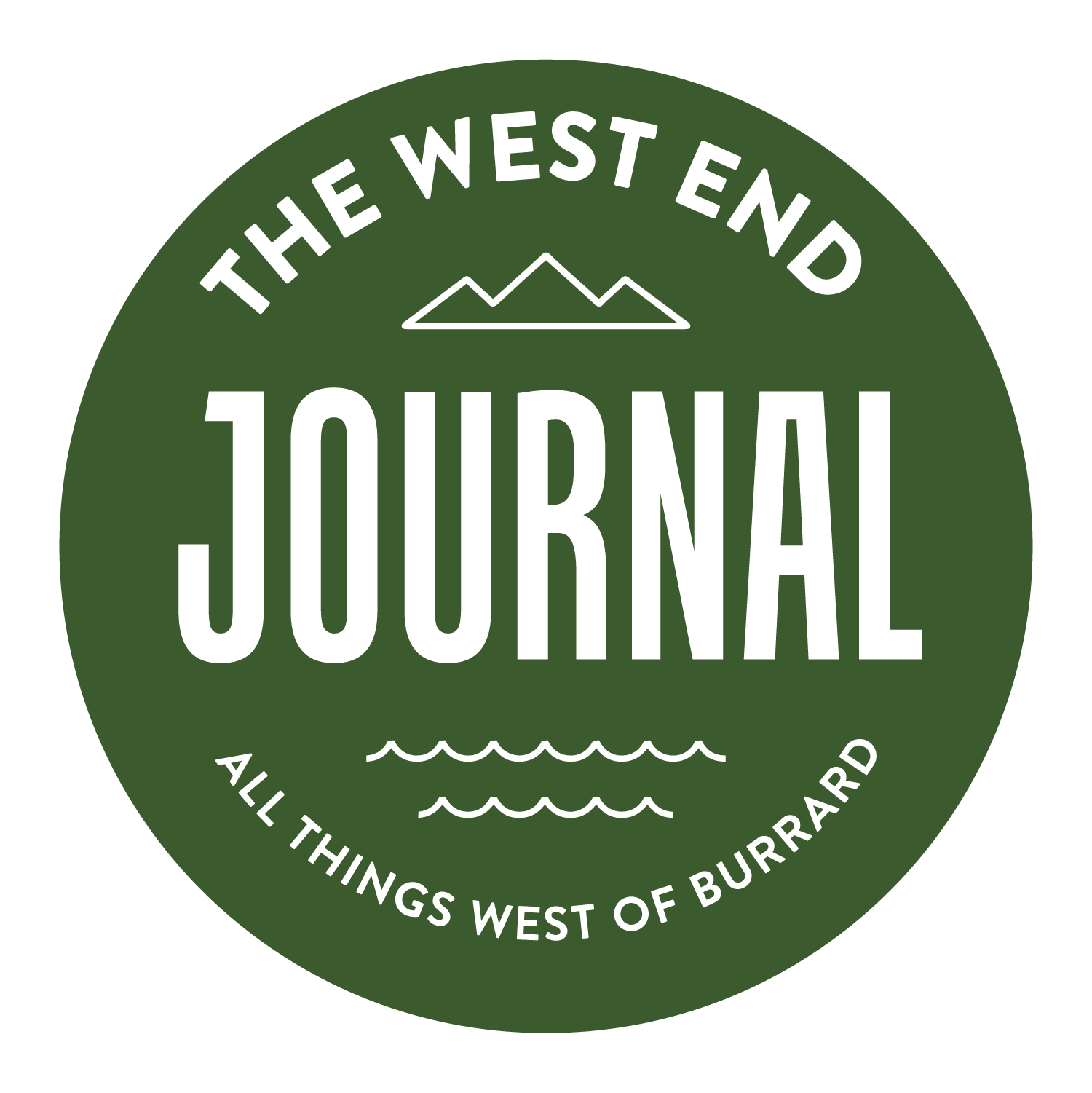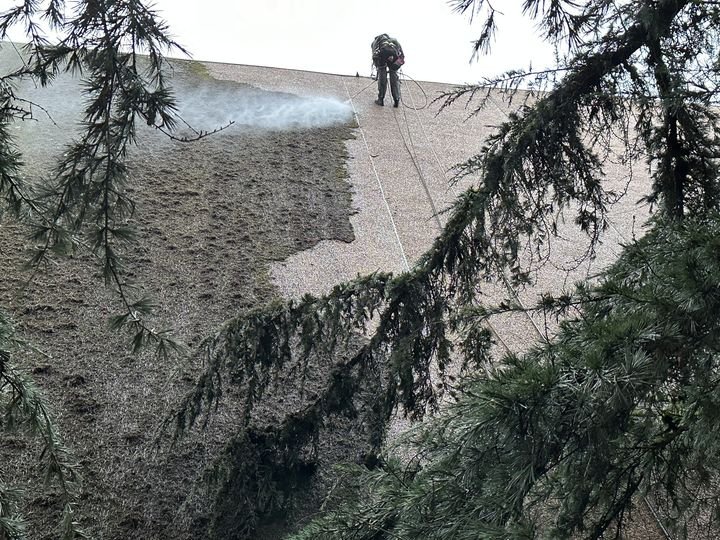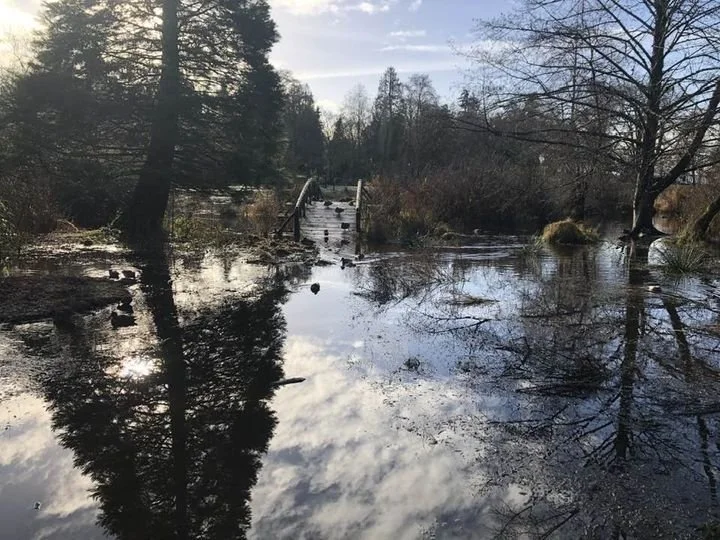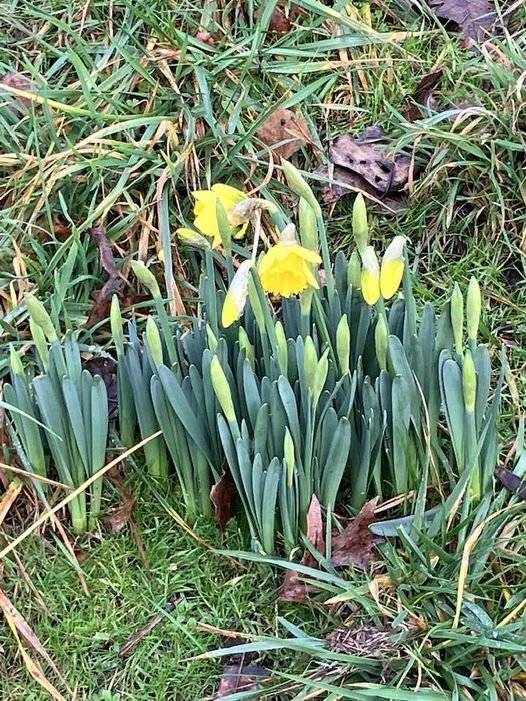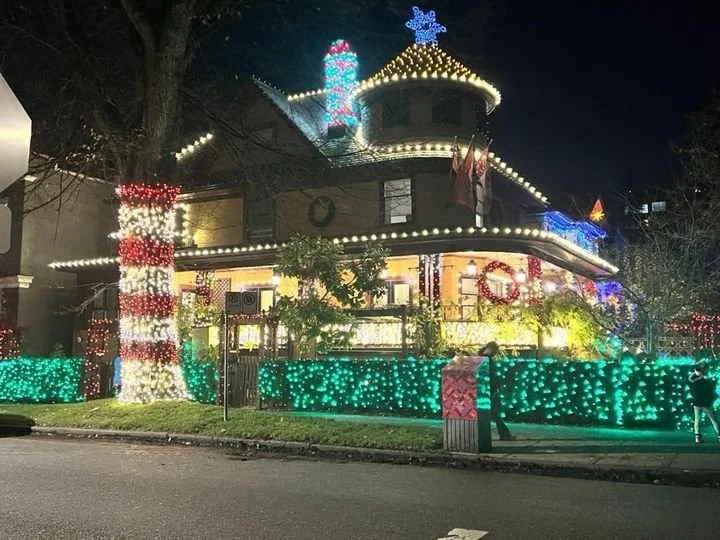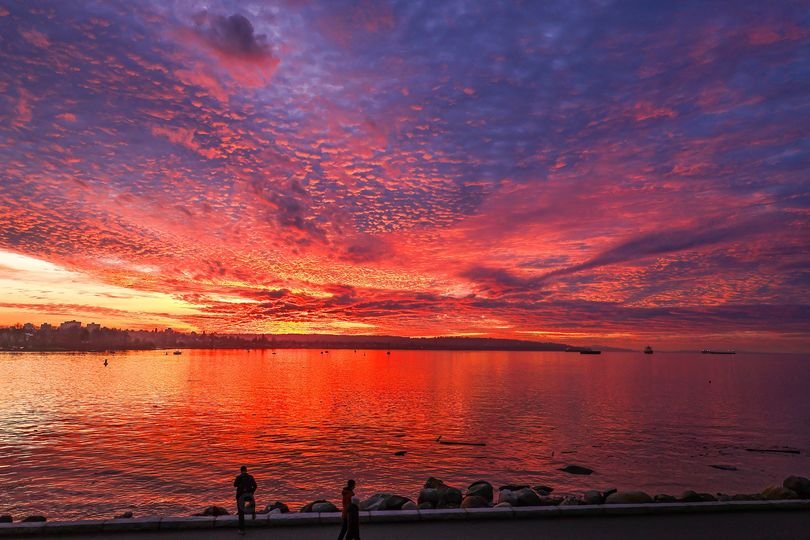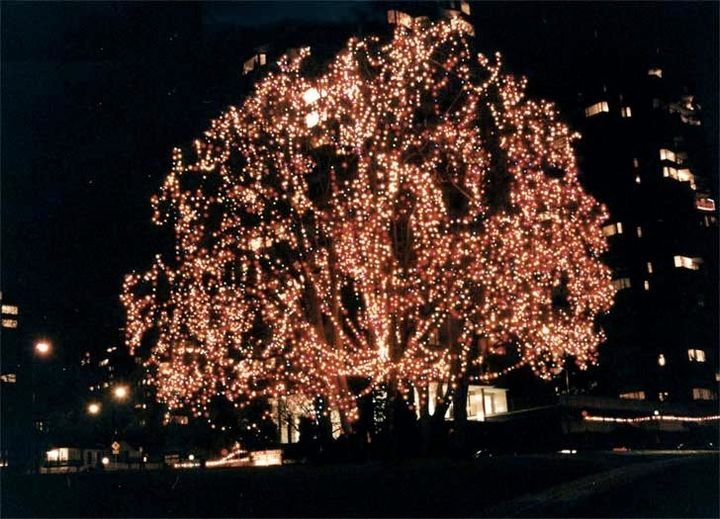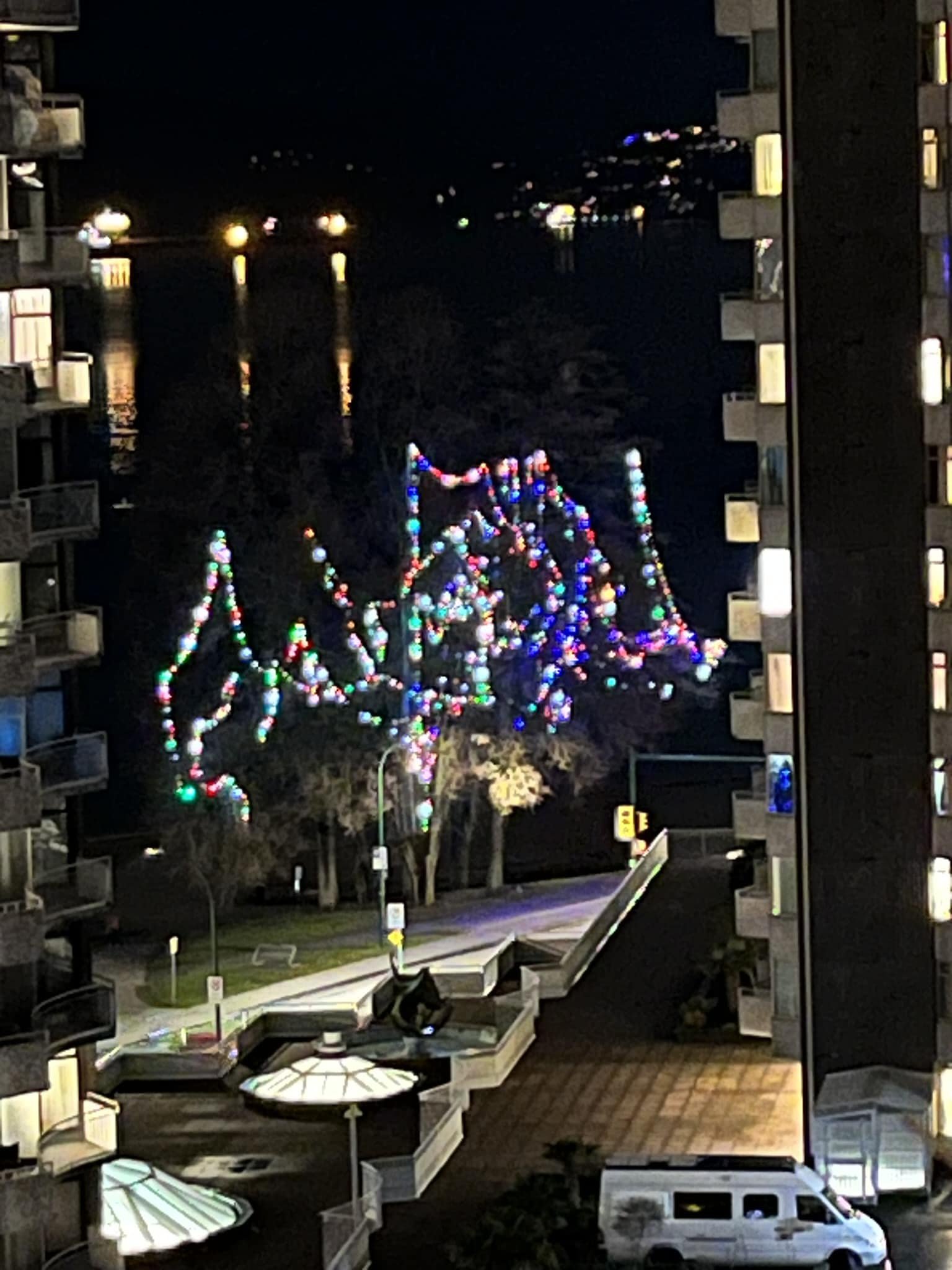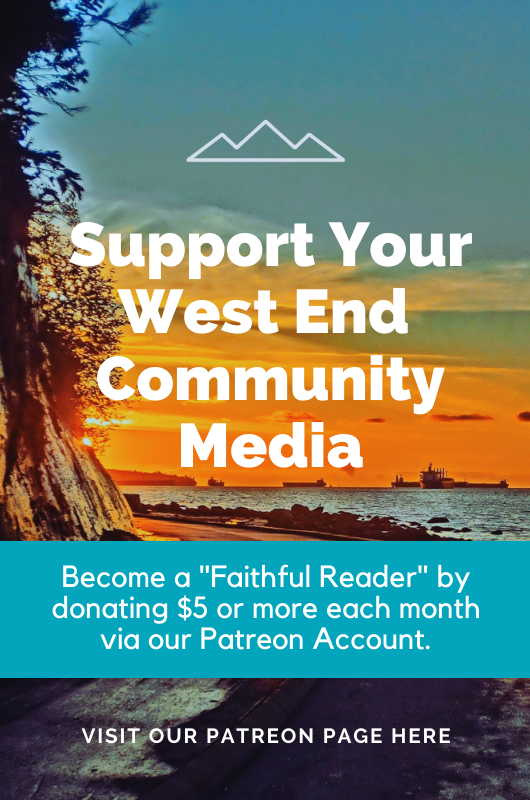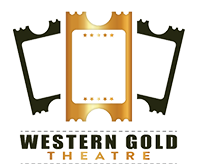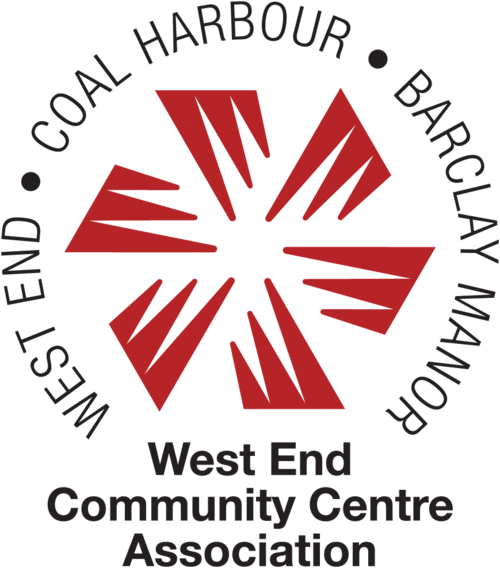THE TALK OF THE TOWN
/What Do We Have For You This Month?
Welcome to “The Talk of The Town” for January, 2024. Scroll through the following features to find:
Our Lead Story: A summary of Mayor Sim’s move to abolish the park board and the ensuing brouhaha.
West End Moments: Our West End is, to say the least, picturesque, and we have many talented photographers to capture those moments. Be sure to click the images to enjoy.
Developing Stories: No word yet on approval for a six-story infill building at 1501 Haro.
Our Lead Story
THE FUTURE (OR NOT) OF THE VANCOUVER PARK BOARD
Civic Drama At Its Finest
by Nate Lewis
(click images to enlarge)
You may have heard the news. The City of Vancouver has asked the provincial government to abolish the elected Vancouver Board of Parks and Recreation.
It’s a bold political move by Mayor Ken Sim, one that has led to defections from the ABC Vancouver Party which he leads. Those defectors say it’s a move that threatens to weaken and undermine local democratic institutions.
It’s a story that’s moved quickly, playing out in a litany of minor scandals, made public mostly by current and former park board commissioners on social media.
In a break from the normal format of this column we’ll get into the details of this shockingly public civic showdown and provide some information about what may come next.
THE FORD EMAIL … Around nine a.m. on the morning of Wednesday Dec. 6, then-ABC park board commissioner Laura Christensen shared a screenshot on social media of an email, titled “Moving Forward,” which she received from Trevor Ford, Mayor Ken Sim’s chief of staff.
The email – addressed to Christensen and, among others, fellow ABC commissioners Brennan Bastyovanszky and Scott Jensen – said “we will move forward with the Park Board transition team without you three as you have chosen not to support the Mayor on the folding of the Park Board.”
Christensen took this to mean herself, Bastyovanszky, and Jensen “had been removed from ABC,” adding this was “the first communication I’ve had from the party on this topic and I have never been asked my opinion on folding the [park board].”
As reported by the Vancouver Sun’s Dan Fumano, Christensen – at home with her newborn child – was not permitted to phone into a meeting the previous day when the five other ABC commissioners were informed of Sim’s plan to eliminate the elected park board. At this meeting, Ford gave the ABC commissioners 15 hours to decide if they would support the mayor’s motion.
THE OTHER PRESS CONFERENCE …
By ten a.m. the same day, Sim, surrounded by three ABC park board commissioners – Jas Virdi, Angela Haer, and Marie-Claire Howard – and ABC city councillors officially announced the plan to scrap the elected park board model and bring parks and recreation under city council and staff’s management.
“It has become abundantly clear, given the poor state of Vancouver’s parks, recreation services, and infrastructure, that a fundamental change in governance structure is not only needed, it is the only viable path forward to an efficient and effective parks and recreation service for the people of Vancouver,” Sim’s motion read in part.
newly Independent park board commissioner Brennan bastyovanszky (middle) addresses the media outside bloedel conservatory in vancouver’s queen elizabeth park on dec. 6.
At the same time, Commissioner Bastyovanszky held his own press conference in Queen Elizabeth Park. Pointedly referring to himself as the “independent chair of the independent park board,” Bastyovanszky spoke strongly in favour of keeping the park board independent from city council.
“The city deserves better than to have an important decision like this to be done behind closed doors. Make no mistake about it. Abolishing the park board is an erosion of democracy and a centralization of power,” he warned.
Though the mayor and his chief of staff said no one had been kicked out of the ABC Party, Christensen’s social media post and Bastyovanszky’s press conference made it clear that the ABC majority on park board had, unseen until that morning, eroded to the point of collapse.
THE NEW MAJORITY…
It came as no surprise then that tensions were high at the next park board meeting on Dec. 11. Former commissioners, media, and Vancouver residents packed the gallery to watch the fireworks.
Arguments over the importance of the park board kicked off during an unrelated motion about allowing companies to rent beach chairs and umbrellas on city beaches.
“The park board is not broken,” Jensen argued during a flustered speech, which was interrupted by people shouting from the gallery and an attempt to speak by Howard, which Jensen said he chose not to acknowledge.
“This shows how broken the park board is. We’re not even allowed to speak to the motion,” Virdi said, after the motion was defeated 4-3, with Jensen, Christensen, Bastyovanszky, and Green Party Commissioner Tom Digby voting against it.
“I’m allowed to comment, and I made a comment connected to a chair’s motion,” Jensen said indignantly.
CURRENT AND FORMER PARK BOARD COMMISSIONERS TOOK A CHEERY PHOTO TOGETHER AT THE DEC. 11 PARK BOARD MEETING. A group of former commissioners from disparate political camps have aligned in an attempt to save the 135-year-old board. (TRICIA BARKER PHOTO)
This exchange characterized the new dynamic of an openly combative atmosphere between the former ABC caucus colleagues, with Digby now holding the deciding vote on the board. An urgent business motion titled “Reaffirming Park Board Independence – Save the Park Board,” passed along the same lines.
That motion included a directive that park board staff would not “allocate any resources towards a transition working group” for the purpose of dissolving the elected board.
“I feel sick to my stomach, coming here every day,” Virdi said, expressing his disillusionment with serving as a park board commissioner for the past year.
“All our motions get passed but nothing gets done. Our motions get piled in a category called unfunded motions… When council makes a decision they have skin in the game because they’re the ones ultimately funding the motion. So I feel sick to my stomach that I come here every day and I eat food, taxpayers’ money, I waste it. We go to events, we waste taxpayers’ money and we get nothing done. Our board is redundant and it’s inefficient,” Virdi said, as Bastyovanszky gestured for the agitated crowd to keep quiet while Virdi spoke.
TAKING THE FUN OUT OF FUNDING … Speaking to reporters about the announcement, former Vision Vancouver park board commissioner Aaron Jasper said the poor state of park infrastructure is due to mayor and council not giving the park board enough money to fix these issues.
Jasper served on the park board for six years from 2008-2014, at a time when the Vision-led city council cut the board’s funding in an effort to reduce expenses and lower taxes.
“The park board is underfunded each year by $20 million, which is council’s decision. Is council suddenly going to fully fund parks?” Bastyovanszky asked rhetorically at his QE press conference.
The City of Vancouver’s latest capital budget (funding for major projects and investments) was approved by council in mid December. For 2024, city council added $367.8 million in spending, in addition to $414.2 million that was previously approved. The 2024 budget shows the park board’s portion of that capital expenditure is set at $45.3 million.
The park board is required to get approval from city council for all expenditures, including when spending money generated from direct park board revenue streams.
A recent audit of the park board’s revenue management practices found that the board had not “proactively engaged with city council to align its priorities with available funding,” which Sim highlighted in his motion to eliminate the board.
The Vancouver Charter requires the park board to submit specific estimates of expenditures and revenues to the city, and requires city council to approve those estimates.
Commissioner Marie-claire howard’s phone displaying the “TRansition team” group chat. (Sarah Blyth-Gerszak photo)
THE POONI SIDE-SHOW … Former park board commissioner Sarah Blyth-Gerszak was in attendance at the Dec. 11 meeting, sitting behind Commissioner Howard. As Howard texted during the meeting, Blyth-Gerszak had a clear enough view of the commissioner’s phone to take a few pictures of Howard’s conversation.
These photos, posted to social media, show Howard navigating a group chat called “Transition Team.” The text, from an unknown sender, reads “just talked to Gary Pooni and he is hearing overwhelmingly great feedback! So congratulations to all of you!”
Gary Pooni is the president of Pooni Group, a Vancouver-based urban planning and communications management company with “over 30 years of experience navigating real estate development approvals.”
Howard, in response to questions from the Vancouver Sun, wrote that “suggestions implying an agenda to sell off park land are baseless and inaccurate.”
Pooni and his family have made at least 10 donations between $1,000 and $1,250 each to ABC candidates between 2020 and 2022. Pooni also donated to the BC NDP at least 30 times over the same time period. In a Dec. 12 statement on social media, the Pooni Group wrote “no one at Pooni Group is involved with the Park Board transition team.”
THE CITY COUNCIL MEETING … On Dec. 13, two days after the contentious park board meeting, city council was set to hear Mayor Sim’s motion, innocuously titled “Amendment to the Vancouver Charter.”
According to OneCity Councillor Christine Boyle and Green Party Councillor Adriane Carr, the ABC majority on council voted last fall to eliminate councillors’ ability to ask questions of speakers and reduced speaker time to three minutes.
Of the 95 people who spoke to council about the motion to dissolve the park board, nine of them were in support while 86 others were opposed.
Donna Morgan, a commissioner in the mid-1990s, phoned in to praise the sudden unity of “a very disparate group of former park board commissioners. One thing we have in common… is we have a vast and globally recognized park system and it is the elected park board that has protected that,” Morgan said.
Another former commissioner, John Coupar, asked mayor and council to “please step back. Reflect on the moment. Don’t abandon democracy. Don’t let this be your legacy… You will be judge by history as failing democracy.”
people standing outside the dec. 11 park board meeting displayed their displeasure with the mayor’s move. (Tricia barker photo)
“I’m begging you consult with the public first, to run on it in the next election. I’m begging you to stop with this right now and put it to the voters,” Blyth-Gerszak said.
Another speaker, Charles Eric, said he was irritated by the “fiasco” because he fundamentally agrees park governance could be improved by bringing it under council. However, the motion is “bananas,” he said, because it only applies to land that is permanently designated as park space (which doesn’t include many parks that have temporary designations), and doesn’t include required consultation with Musqueam, Squamish, and Tsleil-Waututh Nations (MST).
“Either this was an oversight, in which case you should get more information by broadening the scope of your transition. Or you deliberately left it out. It’s one of those two,” Eric said.
In terms of the much-discussed “temporary” park designation, City Manager Paul Mochrie explained that city council already has the power to revoke this designation with a two-thirds majority vote and would not need park board approval.
“Permanent” parks currently need a two-thirds majority vote on council and park board to change their status.
Councillor Boyle introduced an amendment to Sim’s motion, which failed, asking city staff to consult with MST about any future changes to the governance of the park board.
Mayor Sim said the city has already been in conversation with MST and has the support of Musqueam Chief Wayne Sparrow to abolish the park board. He wouldn’t support Boyle’s “unnecessary” amendment but “100 per cent supports the spirit,” Sim said.
Councillor Pete Fry was able to amend the motion so council, rather than the mayor, would be responsible for naming the park board transition working group. However, the ABC majority (minus Councillor Peter Mieszner) voted against having a final decision on these appointments be made in public.
“As long as I’m mayor there will be a lot of community involvement,” Sim asserted, despite ample evidence to the contrary.
“Ignore the spin you’ve heard here today,” Sim said in his final comments. “Today with our motion, we’ve actually increased the protection of our beloved parks… We’re going to working closely to ensure that our team members at the Park Board are fully added to the City of Vancouver. We love them, they are absolutely amazing. They’re just working in a very challenging system right now,” the mayor said.
Sim’s motion passed 8-3 along party lines.
YOUR MOVE BC NDP … The NDP’s Minister of Municipal Affairs Anne Kang released a statement the next day saying the provincial government respects city council’s decision and would move forward with this “significant change.” However, Kang noted that a number of items still needed to be addressed, including land ownership, the future of park board employees, and First Nations consultation.
“We are asking [the city] to provide… a transition plan to address these considerations,” Kang’s statement concluded.
At the provincial level, the controversial move has brought together some strange political bedfellows in opposition. Green Party Leader Sonia Furstenau, BC Conservative Leader John Rustad, and West End NDP MLA Spencer Chandra Herbert have all called for greater democratic input on the decision.
“As a former Park Commissioner I have seen the real value of an elected Park Board. Decisions are closer to the community, and there’s stronger accountability for them,” Chandra Herbert wrote on social media.
It remains to be seen if the provincial NDP government will ultimately proceed with this political hot potato, and whether it will scald anyone in the process.
RELATED LINKS:
Pruning Vancouver Park Board / The Tyee / Sept. 6, 2022
Vancouver Mayor Risks Dividing His Party / CBC / Dec. 6, 2023
Park Board Debate Raises Questions About Beloved Spaces / Vancouver Sun / Dec. 13, 2023
Elected Vancouver Park Board Was A Product Of 19th Century Colonialism, But Does That Justify Its Abolition? / Pancouver / Dec. 15, 2023
“Atmosphere of Crazy” as Park Board Drama Continues / Vancouver Sun / Dec. 12, 2023
Turf War - What Could Be The Beginning of the End of the Park Board / Vancouver Sun / Dec. 28, 2023
West End Moments
(Click on images below to enlarge)
Developing Stories
1501 HARO STREET
Uncertainty For Paul Plaza Residents
by Jake McGrail
(click images to enlarge)
Paul Plaza, at 1501 Haro street.
1501 Haro is home to Paul Plaza, a 22-story apartment building with 144 rental units. Its one and two-bedroom suites currently rent for about $2,800-$3,800 monthly.
Back in 2018, this building was one of four Vancouver properties acquired by Starlight Investments, a real estate investment and asset management company based in Toronto. Starlight immediately handed managerial duties of the property to Metcap Living.
There are no plans for the current building to change, but in September Starlight submitted an application to the city to add an infill building to the property. The plan is to add a new six-story 60 unit building, while also doing some minor upgrades to the existing building.
Lucas Pilleri, a TWEJ contributor, lives at 1501 Haro. He says that despite the city’s website listing the period for public comments on this project as October 31 to November 15, a public notice about that deadline was only posted in the building on November 15.
A sign of things to come?
Pilleri also says that he contacted the city about the timing of this posting, and was told that despite there being a listed deadline, the city actually accepts public feedback all the way up until the final decision is made on whether to approve the project. Assuming this policy applies to all development permit applications in Vancouver, then that is certainly worth making note of.
From what’s stated in the project plan, it doesn’t appear that construction of this infill building would have an impact on the tenants already living in Paul Plaza, aside from the inconveniences that arise from living directly next to a construction site.
However, Pilleri is concerned not just about the years of noise from the project site, but also about how the new building might impact the residents’ parking situation. He’s worried the new building could disrupt the parking they currently have.
An artist’s rendering of the proposed infill building.
The project’s plan doesn’t say that parking for current residents will be disrupted. It does state that since Paul Plaza already has both an above-ground parking lot as well as three levels of underground parking, that there is already the capacity for a new building with no need to add any new lots.
The application is currently under review by the city. The city official who communicated with Pilleri in November said that the Director of Planning was scheduled to issue their verdict on December 14, but as of our publication date there hasn’t been any public word on whether it’s been approved or not.
Because of that, there’s currently no set idea of when this infill building might be built, should the project be approved.
The West End - Coal Harbour In The News
Traffic Impacted By Extensive Tree Removal / Global News / Dec. 1, 2023
Stanley Park To Lose Almost 1/3 Of Its Trees / CTV News / Dec. 2, 2023
Stanley Park Bike Lane Will Not Return In 2024 / Cycling News / Dec. 1, 2023
Stanley Park Causeway Closed By Crash / City News / Dec. 11, 2023
